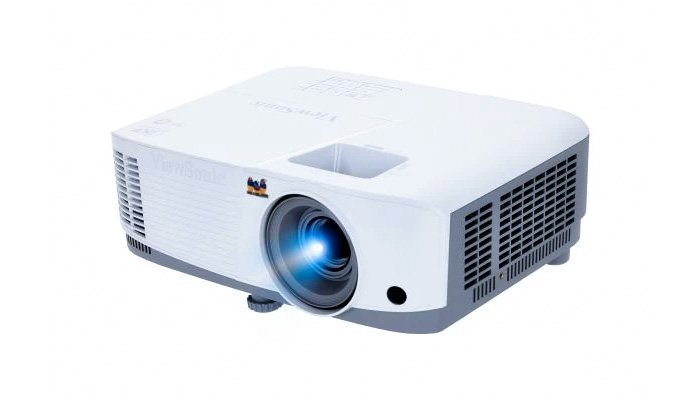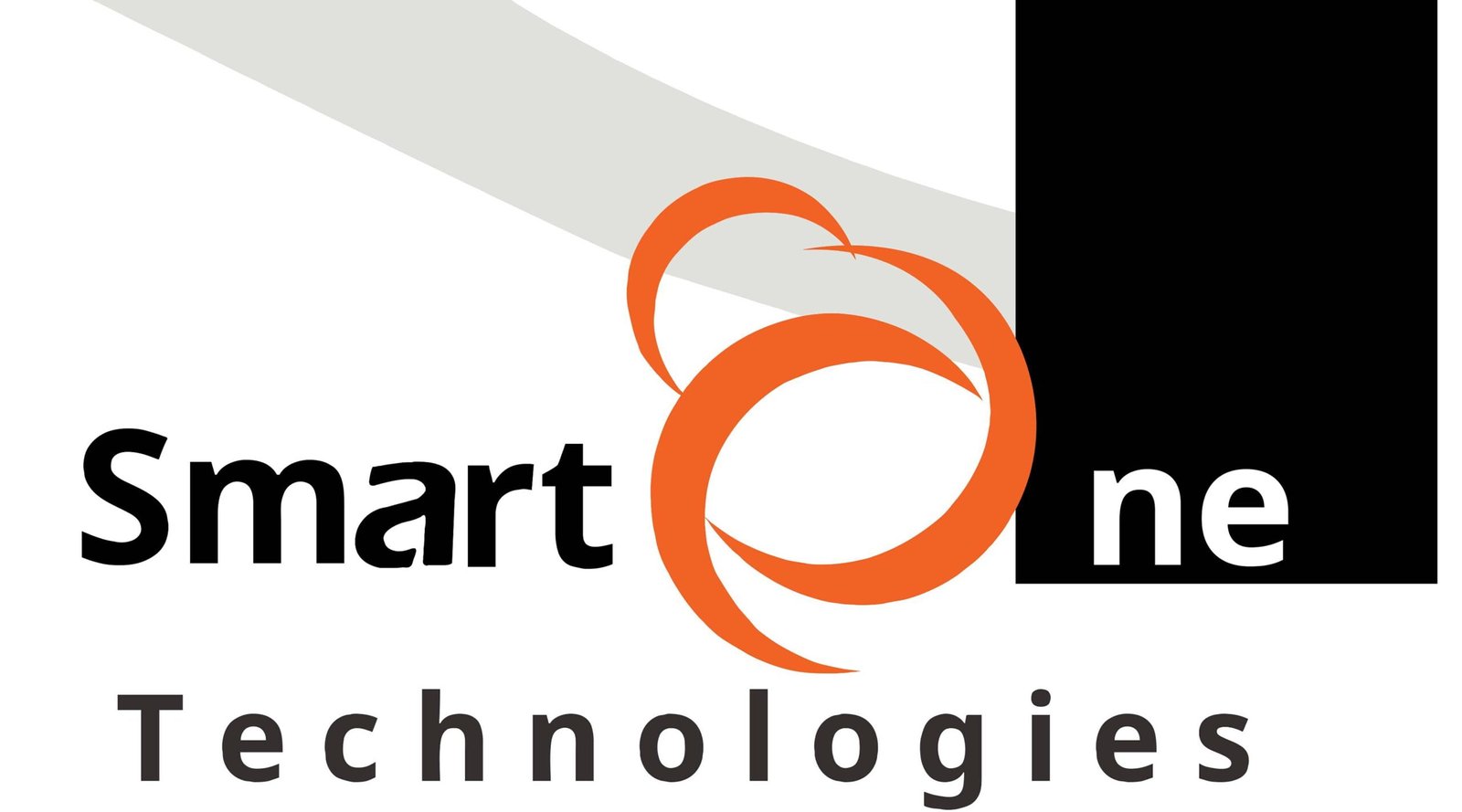The advent of multimedia projectors has revolutionized how we watch movies, deliver presentations and interact with digital content. These devices are more portable and versatile thanks to technological advancements. They can be used in various fields, such as business, education and entertainment. This comprehensive guide will cover everything that you need to learn about multimedia projectors. From their features and types to their uses and maintenance, this is the ultimate resource.
Multimedia projectors
The multimedia projector is an electronic device that displays images, videos and other visual contents onto a large surface or screen. The projectors use light sources like LEDs or lamps to display the images, providing a dynamic experience for viewers.
Multimedia Projectors Types
LCD projectors
LCD projectors create images using three LCD panels by passing through them. These projectors are noted for their vibrant colours and sharp images. They’re ideal for home entertainment and presentations.
DLP Projectors
DLP projectors use a chip that contains thousands of small mirrors. These reflect the light to create an image. These projectors are known for smooth video playback, high contrast ratios and suitability for gaming and movie screenings.
LCoS projectors
LCoS projectors offer superior colour accuracy and image quality, combining the best of LCD and DLP technology. These projectors are often used in professional environments where accurate image reproduction is required.
Features You Should Look For in Multimedia Projectors
Consider these key factors when choosing a multimedia projector:
Brightness
Lumens are used to measure the brightness of projectors. This determines how clearly the image will be projected. For well-lit areas or large venues, higher brightness levels are recommended.
Resolution
The resolution is the number of pixels that are displayed on the display. This determines the clarity and sharpness of an image. The most common resolutions are HD (1280×720), Full HD (1920×1080), and 4K Ultra HD (3840×2160).
Options for Connectivity
Multimedia projectors today offer multiple connectivity options, including HDMI, VGA and USB. They also have wireless capability, which allows seamless integration of various devices like laptops, tablets, smartphones and other mobile phones.
Portable
Users who have to move the projector from one location to another will need it portable. Carrying cases and compact designs make it easy to create presentations on the move.
Multimedia Projectors: Benefits
The advantages of multimedia projectors over other display technologies are numerous.
Enhance visual presentations
Presenters can use multimedia projectors to display content engagingly and dynamically. They are able to capture the attention of their audience with vibrant images and videos.
Versatility
Multimedia projectors are versatile and can be used for a variety of purposes, from boardroom meetings to outdoor film screenings. They make a great investment both for individuals and businesses.
Simple setup and operation
The majority of multimedia projectors have intuitive controls and easy-to-use interfaces. This makes them ideal for all users.
Multimedia Projectors
There are many applications for multimedia projectors in different industries.
Education Sector
Multimedia projectors are a great way to enhance interactive learning in classrooms or lecture halls. They allow educators to deliver educational materials using an interesting format.
Presentations for Business
Multimedia projectors allow professionals to make powerful presentations during meetings and conferences. They can incorporate multimedia elements into their presentations to effectively communicate messages.
Home Entertainment
Multimedia projectors can transform a movie night in the living room or home theater into a cinematic experience, immersing you and your guests with surround sound, larger-than-life visuals, and dazzling images.
Considerations Before Buying a Multimedia Projector
When investing in a multimedia projector, you should consider several things:
Budget
Prioritize features that are in line with your preferences and needs.
Ambient lighting and room size
The size and ambient lighting of the room in which the projector is to be placed can have a significant impact on the image and its visibility.
Use of
Determine the main purpose of the projection device, such as for entertainment, education, or professional presentations.
Maintenance and Longevity
Be sure to choose a brand that is known for its durability and reliability. You will also need to be ready to do regular maintenance, such as replacing or cleaning the lamp.
Top Multimedia Projector Brands
The market for multimedia projectors is dominated by a few brands, all of which offer unique features.
Sony
Sony Projectors are known for their cutting-edge technologies and high build quality. They deliver outstanding performance and reliability.
Epson
Epson projectors have a reputation for superior quality images, eco-friendly options and advanced connectivity. They are popular with both business and home users.
BenQ
BenQ’s projectors are designed with innovative features and high performance to meet the demands of home theatre enthusiasts, gamers, professionals, and other users.
Optoma
Optoma offers a variety of projector models, ranging from basic models to models that support 4K and HDR.
Setup and use of a Multimedia Projector
These simple steps will help you set up and use a multimedia projector.
Selecting the best location
Choose a projector or flat screen with no obstructions that will allow the audience to see it at its best.
Connecting input devices
Use compatible cables or wireless connections to connect your source devices, such as laptops or Blu-ray Players, streaming devices, etc., with the projector.
Optimizing performance by adjusting settings
To achieve the best image quality, adjust the brightness, contrast and aspect ratio of the projector using the menu.
Maintenance Tips for Multimedia Projectors
Follow these tips to maintain your projector.
Clean the lenses and filters.
Clean the air filter and lens of your projector regularly to maintain image quality and prevent dust accumulation.
Storage
When not in use, store the projector somewhere cool and dry. Avoid exposing it to extremes of temperature or humidity.
Updates to the software
Install firmware updates periodically. This will keep the software of your projector up-to-date with all the new features.
Future Trends of Multimedia Projector Technology
With technological advancements such as:
Laser project
The laser projector provides better brightness, greater color accuracy and longer life than traditional projectors. This makes them perfect for outdoor and large-scale events.
Features
Touch-sensitive interactive projectors allow users to interact with projected content directly. This promotes collaborative learning and allows for immersive gaming.
IoT and AI integration
Artificial intelligence-enabled multimedia projectors with the Internet of Things connectivity (IoT) can analyze data in real time, automatically adjust settings, and integrate with smart devices to provide seamless control.
Case studies: Successful implementation of Multimedia Projectors
Boardrooms for corporate executives
Businesses have become dependent on multimedia projectors to facilitate communication, collaboration and seamless presentations.
Classroom environments
Educators use multimedia projectors to engage students in interactive learning environments. They provide multimedia content, visual aids and other multimedia tools that help them understand and retain information.
Troubleshooting Multimedia Projectors
Multimedia projectors can have common problems despite their many advanced features.
Image distortion
Images that are distorted or blurred can be caused by incorrect focus, lens positioning, or resolution input settings. Image clarity is restored with adjustments.
Problems with connectivity
Problems with input devices and wireless connections may disrupt projection, requiring troubleshooting measures such as checking cable connections or resetting them.
Replacement for Lamp
The projector lamp can dim over time or even fail. This means that it will need to be replaced in order to keep the brightness and quality of images at their best.
Comparative Analysis of Multimedia Projectors with Other Display Technologies
The advantages of multimedia projectors over other technologies include:
Televisions
Multimedia projectors are more flexible in their placement and offer a larger display. They also have built-in functions and high-resolution displays.
LED screens
LED screens offer bright, vibrant images with great colour accuracy. However, they are more expensive to install and less portable than multimedia projectors.
Traditional Projectors
The traditional projectors are based on obsolete technologies, such as overhead or CRT projectors. They offer a lower-quality image and fewer connectivity options than modern multimedia projectors.
The Environmental Impact of Multimedia Projectors
Environmental sustainability is achieved by:
Energy Efficiency
Most multimedia projectors have energy-saving features and environmentally friendly designs to reduce electricity consumption and carbon emissions.
Options for recycling
Recycling programs are offered by manufacturers and retailers for projectors, accessories and other electronic devices. This encourages responsible disposal of electronics and reduces waste.
Businesses, educators and entertainment lovers have found multimedia projectors to be indispensable. They offer a variety of solutions that can deliver dynamic presentations, immersive games, and cinematic images. Understanding the features and uses of multimedia projectors will help users make an informed decision when choosing and using this device to improve their visual experience.
Unique FAQs About Multimedia Projectors
- Are multimedia projectors suitable for outdoor use?
- Many multimedia projectors can be used both inside and outside, and they offer bright, clear images even when the environment is well-lit.
- How can I connect my phone to a multimedia projector?
- Most multimedia projectors offer wireless connectivity, such as HDMI adapters or screen mirroring, so that you can display the content on your phone on a large screen.
- What is the recommended replacement interval for a multimedia projector lamp?
- Projector lamps have varying lifespans depending on the environment and how they are used. It is recommended that you replace your lamp after 2,000-5,000 hours.
- How can I use my multimedia projector to play games?
- Many multimedia projectors are suitable for gamers who wish to play on a large screen. They offer low input delay and a high refresh rate.
- What accessories are recommended to enhance the performance of a multimedia projector?
- Accessories such as ceiling mounts and sound systems, projector screens and projector screens can be used to enhance your viewing experience.



0 Comments on “A Guide for Multimedia Projectors: Creating Visual Experiences”